Will some roses develop resistance to black spot if not sprayed?
roselee z8b S.W. Texas
13 years ago
Related Stories
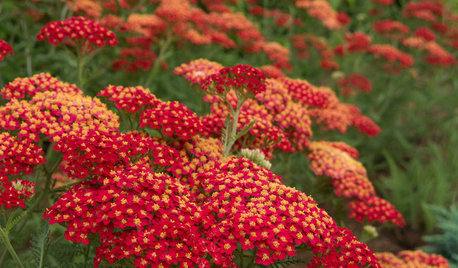
GARDENING GUIDESTop 12 Summer-Blooming Perennials for Deer-Resistant Drama
Can you have garden color, fragrance and exciting foliage with hungry deer afoot? These beauties say yes
Full Story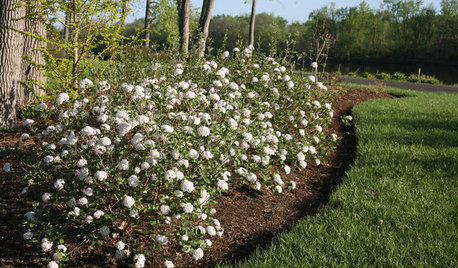
FALL GARDENING9 Deer-Resistant Flowering Shrubs to Plant This Fall
These exquisite shrubs will attract your attention but won’t tempt the deer that roam your neighborhood at night
Full Story
BATHROOM DESIGNBath of the Week: Black, White and Classic, With Some Twists
Black trim and tile keep an otherwise snowy bathroom in a 1910 home from feeling sleepy
Full Story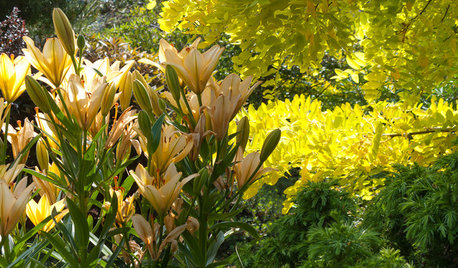
GARDENING GUIDESGreat Garden Combo: 3 Wonderful Plants for a Deer-Resistant Screen
Protect your privacy and keep deer at bay with a planting trio that turns a problem garden area into a highlight
Full Story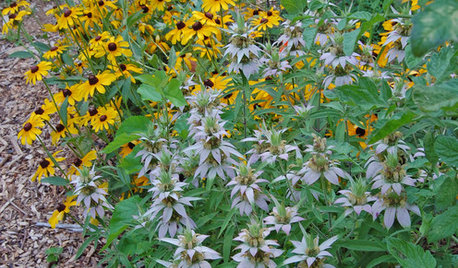
GARDENING GUIDESGreat Design Plant: Spotted Beebalm (Monarda punctata)
Looking for unusual, long-lasting blooms, low maintenance and deer resistance? Try this self-sowing perennial
Full Story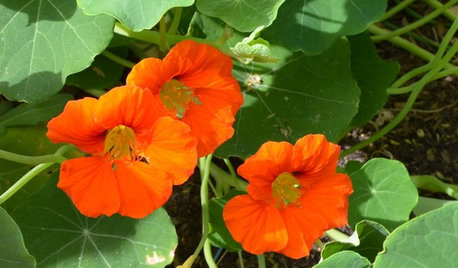
CONTAINER GARDENS7 Deer-Resistant Flowers for Your Summer Containers
Grow these as protection for edibles or just for their colorful beauty — deer might not like them, but everyone else will
Full Story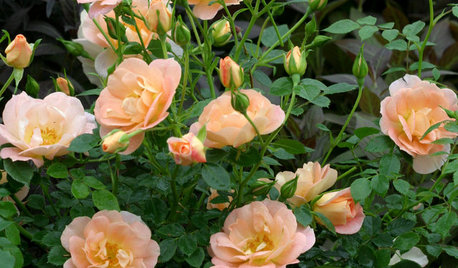
GARDENING GUIDES6 Wonderfully Easy Roses for Any Gardener
Look like an expert even if you're just starting out, with these low-maintenance gems of the rose world
Full Story
DECORATING GUIDESFeel Free to Break Some Decorating Rules
Ditch the dogma about color, style and matching, and watch your rooms come alive
Full Story
WINTER GARDENINGPruning Secrets for Exquisite Roses
Encourage gorgeous blooms year after year with this time-tested advice on how to prune your rosebush in winter for health and shape
Full Story
MOST POPULARHomeowners Give the Pink Sink Some Love
When it comes to pastel sinks in a vintage bath, some people love ’em and leave ’em. Would you?
Full StoryMore Discussions







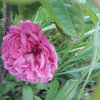

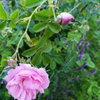

hoovb zone 9 sunset 23
Embothrium
Related Professionals
Owings Mills Landscape Architects & Landscape Designers · Gainesville Landscape Contractors · Clark Landscape Contractors · Eagle Landscape Contractors · Golden Gate Landscape Contractors · Kahului Landscape Contractors · New Cassel Landscape Contractors · North Potomac Landscape Contractors · Palos Verdes Estates Landscape Contractors · Point Pleasant Landscape Contractors · Waldorf Landscape Contractors · York Landscape Contractors · Golden Valley Landscape Contractors · Elk Grove Swimming Pool Builders · St. Louis Siding & Exteriorsprofessorroush
henry_kuska
pfzimmerman
sandandsun
sandandsun
roselee z8b S.W. TexasOriginal Author
jessaka
ronda_in_carolina
cweathersby
lori_elf z6b MD
michaelg
sandandsun
Embothrium
roselee z8b S.W. TexasOriginal Author
henry_kuska
henry_kuska
luxrosa